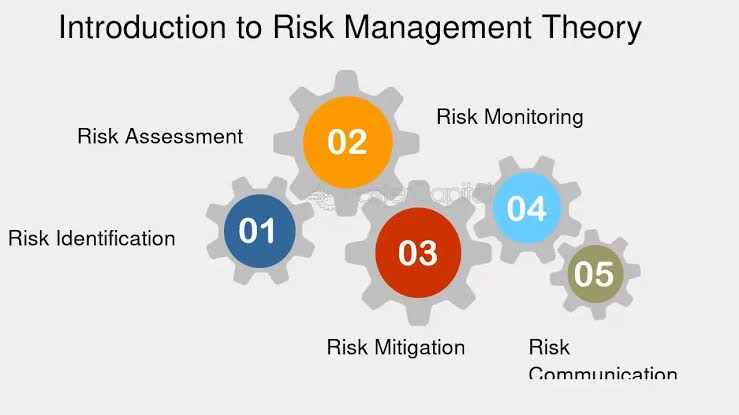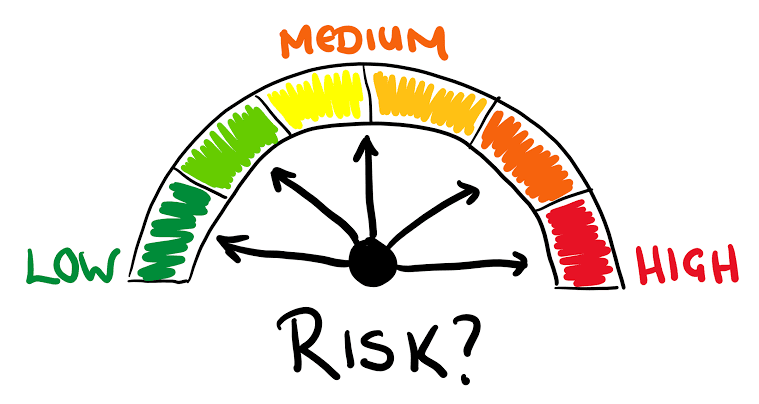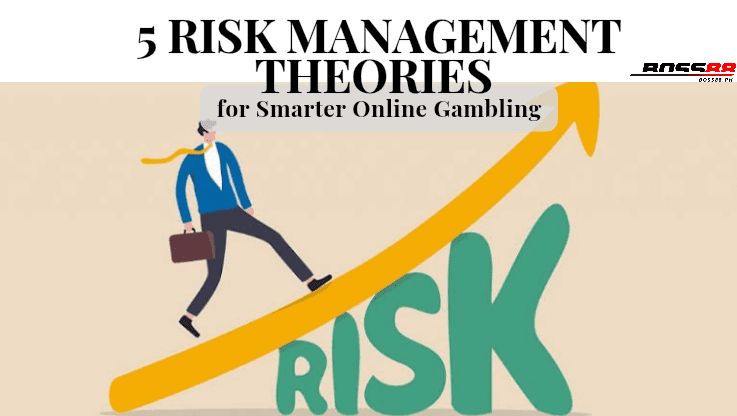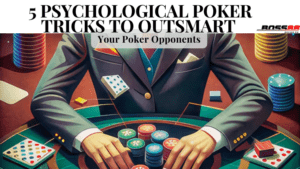Online gambling is an exciting blend of strategy, chance, and entertainment. However, just like any activity involving money, it comes with risks. By incorporating risk management theories into your online gambling practices, you can increase your chances of success while ensuring a safer, more enjoyable experience.

Expected Utility Theory
Understanding Risk vs. Reward
Expected Utility Theory is one of the most fundamental principles of risk management. It suggests that individuals make decisions by comparing the expected utility (or satisfaction) of different outcomes. In online gambling, this means assessing the potential gains against the possible losses for every bet.
Application in Online Casinos:
- Choose games with favorable odds: Slot machines, roulette, and blackjack all come with different house edges. Knowing these can guide your game selection.
- Set betting limits: Bet only what you’re willing to lose. This ensures you maximize enjoyment without risking financial stability.
Example: Suppose you’re considering a slot machine with a 95% Return to Player (RTP) rate. For every $100 wagered, you can expect to win back $95 on average. Compare this to a game with a lower RTP before placing your bet.
Modern Portfolio Theory
Diversify Your Bets
Modern Portfolio Theory (MPT) is widely used in investment management and can be adapted for online gambling. It emphasizes diversification to minimize risk. By spreading your bets across different games or wagers, you reduce the likelihood of significant losses.
Application in Online Casinos:
- Play multiple games: Instead of sticking to just one slot or table, try a mix of high-volatility and low-volatility games.
- Experiment with bet sizes: Diversify not only the type of games but also your bet amounts.
Example: Instead of betting your entire bankroll on a single high-stakes blackjack hand, split it across a few rounds of poker, roulette, and slots.
Prospect Theory
Overcoming Biases in Gambling Decisions
Prospect Theory delves into how people perceive gains and losses. Gamblers often overvalue small chances of winning big jackpots and undervalue consistent smaller wins. This leads to emotional decisions rather than logical ones.
Application in Online Casinos:
- Avoid jackpot obsession: While jackpot games are alluring, they often come with lower RTP rates. Balance them with games offering steady payouts.
- Reframe losses: View losses as part of the experience rather than a failure, reducing the emotional impact and preventing reckless bets.
Example: Instead of chasing losses after a bad round of roulette, take a break and refocus on games with consistent rewards, like video poker or baccarat.

Risk-Reward Tradeoff Theory
Balancing Gains with Loss Potential
The Risk-Reward Tradeoff Theory focuses on the relationship between risk and potential reward. In gambling, the higher the stakes, the higher the potential payout—but also the higher the potential loss.
Application in Online Casinos:
- Assess game volatility: High-volatility games like progressive slots may offer massive payouts, but the wins are rare. Low-volatility games like standard slots or table games provide smaller, more frequent wins.
- Adjust your strategy: If your bankroll is limited, opt for low-risk games to extend your playing time and increase enjoyment.
Example: A high-volatility slot may promise a 10,000x jackpot, but it could take hundreds of spins to hit it. A lower-volatility slot with 2x or 5x payouts might offer a steadier pace.
Behavioral Risk Management Theory
Control Emotional and Psychological Triggers
Gambling involves not only logical decisions but also emotional and psychological factors. Behavioral Risk Management Theory helps in identifying and mitigating triggers that lead to poor gambling decisions, such as chasing losses or betting under stress.
Application in Online Casinos:
- Set time and money limits: Allocate a fixed amount of time and budget for gambling to avoid overindulgence.
- Recognize emotional states: Never gamble when angry, stressed, or under the influence of alcohol.
- Embrace responsible gaming tools: Use features like deposit limits, self-exclusion, or reminders available on most reputable online casinos.
Example: If you feel frustration building after a losing streak, take a break. Return only when you feel calm and can think clearly.

Practical Tips for Smarter Online Gambling
- Bankroll Management: Allocate a specific amount for gambling and stick to it.
- Know the Rules: Familiarize yourself with the rules and strategies of the games you play.
- Utilize Bonuses Wisely: Take advantage of welcome bonuses and promotions, but always check the wagering requirements.
- Track Your Progress: Keep a record of your wins and losses to understand your gambling habits better.
Final Thoughts
Online gambling can be an exhilarating experience, but it’s essential to approach it with caution and strategy. By applying these five risk management theories—Expected Utility, Modern Portfolio, Prospect, Risk-Reward Tradeoff, and Behavioral Risk Management—you can gamble smarter, enjoy the process, and minimize potential losses.
Remember, the key is to balance entertainment with responsible gaming. Always gamble within your means, stay informed, and focus on strategies that enhance both enjoyment and safety.







































